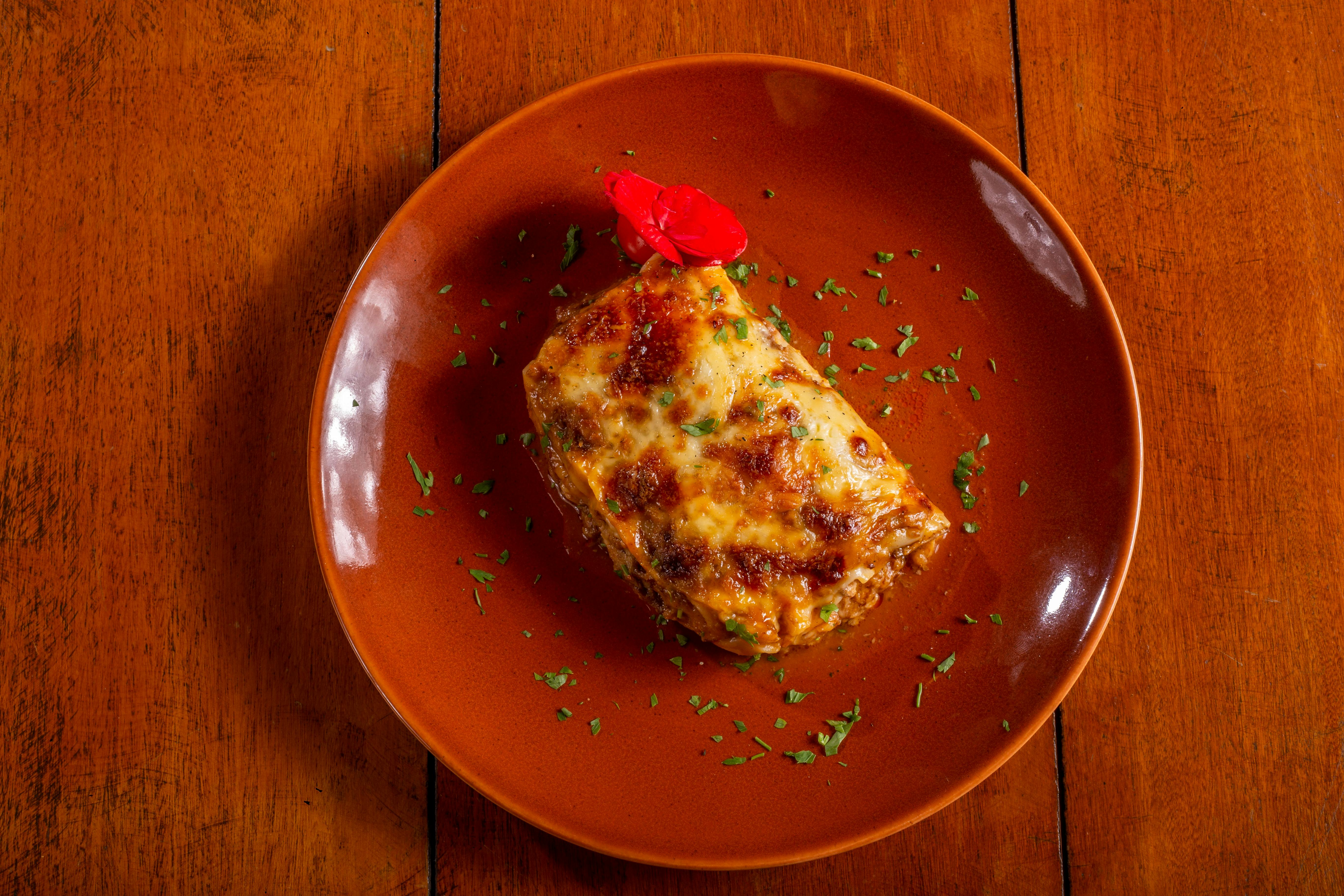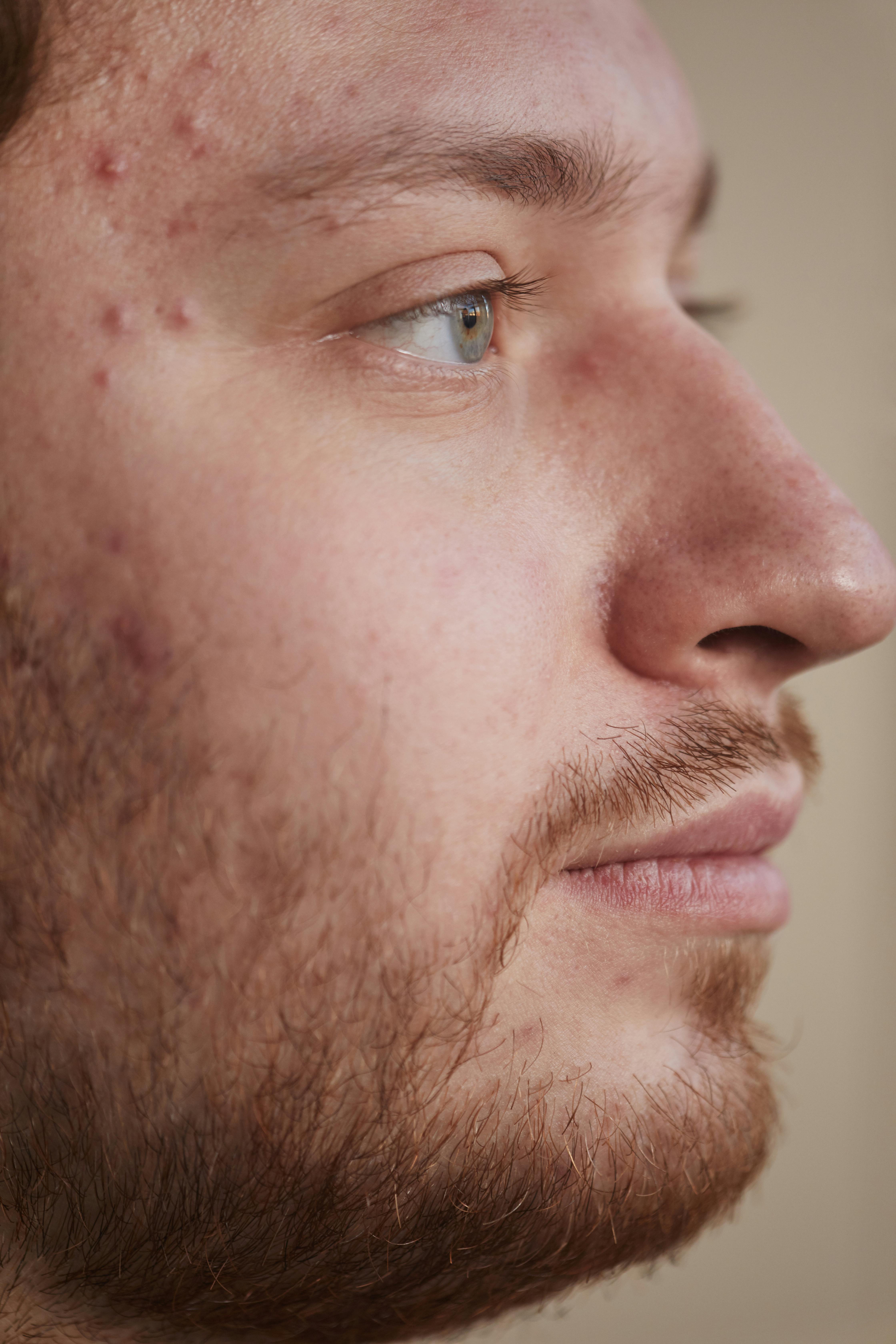How to Effectively Get Puppies to Stop Biting: Proven Methods for 2025
Puppy biting is a common challenge that many new dog owners face. Understanding how to correct this behavior is crucial, not only for your peace of mind but also for ensuring that your puppy grows into a well-mannered adult dog. Puppies use their mouths to explore the world around them, and biting is a natural part of their development. However, learning when and how to stop this behavior is key to having a harmonious relationship with your furry friend.
In this article, we'll delve into effective techniques and training methods to help you manage and ultimately stop your puppy from biting. We'll discuss the importance of understanding puppy behavior, consistency in training, and the benefits of positive reinforcement. By the end of this guide, you'll discover step-by-step solutions to help correct your puppy's biting habits while fostering an environment conducive to learning and growth.
Here are some key takeaways you'll learn:
- Understand the reasons behind your puppy's biting behavior.
- Learn how to implement effective training methods.
- Discover valuable tips for socializing and exercising your puppy.
- Get practical advice on using rewards and positive reinforcement.
Understanding Puppy Behavior and Biting
Before tackling the issue of biting, it's essential to understand the underlying reasons for this behavior. Puppies naturally nip and mouth as part of their exploration and play. When playing with their littermates, they develop bite inhibition, which helps them learn control over their mouths. However, it's vital for owners to step in and guide this learning process when they transition into their new homes.
Why Do Puppies Bite?
Puppies bite for several reasons: playfulness, teething, exploration, and sometimes stress or anxiety. It's essential to recognize the context in which the biting occurs to address it effectively. Understanding these motives is the first step toward managing and correcting the behavior.
Puppy Nipping Solutions
To manage puppy nipping, redirection is a useful strategy. When your puppy nips, redirect their attention to appropriate chew toys or activities that are safe and enjoyable for them. This teaches them what is acceptable to bite while also fulfilling their need to chew.
Signs of Overstimulation
Puppies can become overstimulated during play, leading them to bite. Recognizing signs such as excessive barking, pacing, or suddenly becoming very energetic can help you intervene before the biting escalates. Calm your puppy with a timeout or a change of scenery.
Key Puppy Training Tips to Discourage Biting
Training your puppy not to bite involves consistency and patience. Here are some proven methods you can implement in your training sessions to help curb this unwanted behavior:
Positive Reinforcement Techniques
Positive reinforcement is an incredibly effective method to teach your puppy desirable behaviors. When your puppy refrains from biting, reward them with praise, treats, or toys to reinforce that behavior. This builds a positive association with not biting and encourages them to repeat it.
Teaching Bite Inhibition
Bite inhibition training involves teaching your puppy to control the force of their bite. When they nibble too hard, let out a high-pitched “ouch!” to mimic the response of their littermates. This will help them understand that biting can hurt and they should be gentle. Gradually, your puppy will learn to adjust their biting pressure during play.
Establishing Training Commands
Teaching basic commands such as “leave it” or “no” can be instrumental in managing your puppy's behavior. These commands provide a clear boundary for what is acceptable and what is not during playtime. Consistency in this training will help set limits on their behavior effectively.
Structuring a Puppy Exercise Routine
A well-structured puppy exercise routine can significantly help manage excessive energy, which is often the culprit behind biting. Engaging your puppy in various activities will reduce the need to bite out of boredom or excess energy.
Engaging Activities for Puppies
Incorporate a mix of physical exercise and mental stimulation into your puppy's routine. Activities such as fetch, obedience training, puzzle toys, and even simple games of hide-and-seek can enhance their well-being and decrease biting behaviors. Regular playtime also promotes healthy bonding between you and your puppy.
Proper Socialization Techniques
Socializing your puppy with other dogs and people is vital to help them learn appropriate behaviors. Puppy socialization classes or playgroups provide controlled environments where your puppy can learn how to interact without the fear of aggression or excessive biting. Early socialization sets the stage for better communication and understanding of boundaries with other animals.
Creating a Positive Training Environment
Setting up a positive training environment will greatly assist in your puppy's learning process. Here are some steps to consider:
Creating a Puppy-Friendly Space
Design your home to be puppy-proof, removing hazards and creating safe zones for your pet. This will minimize stress and distractions during training sessions. Equally crucial is providing their favorite chew toys to redirect any aggressive mouthing behavior.
Establishing Routine and Consistency
Routine helps puppies thrive. Establishing a daily schedule for feeding, exercise, and training can create a sense of security. This predictability allows your puppy to adjust their behavior over time, leading to a more obedient demeanor.
Redirecting Puppy Behavior
If your puppy begins to engage in biting behavior mid-playtime, immediate redirection is essential. This ensures they understand the difference between acceptable and unacceptable actions.
Using Positive Distractions
Keep a variety of chew toys handy to distract your puppy when they start to bite. When they begin to nip, redirect their attention to the toy, praising them when they engage with it instead. This helps curve the biting while showing them what to focus on.
Introducing Calm Commands
Implementing calm commands such as “settle” can help your puppy moderate their energy levels and reduce biting episodes. Regular practice of these commands will help solidify their understanding and keep biting at bay.
When to Seek Professional Help
While most puppies can be trained, some may require additional support from a professional trainer or behaviorist, especially if you notice the biting escalating to aggressive levels. A professional can provide tailored advice and strategies suited to your specific situation.
Recognizing When to Consult a Behaviorist
If your puppy shows signs of fear-based biting or any associated behavior issues, it’s crucial to consult a qualified dog behaviorist. They can provide insights and behavioral strategies to help correct the biting behavior effectively while ensuring your puppy's emotional needs are met.
Finding Resources for Puppy Training
Online resources, books, and local puppy training classes can be invaluable. Utilizing professional insights can bolster your training efforts and provide new perspectives on addressing puppy biting behavior.
Q&A: Common Questions About Puppy Biting
What should I do when my puppy bites during play?
If your puppy bites during play, immediately stop the interaction. Give a firm “no” and redirect them to a suitable toy. Consistently applying this method teaches them that biting ends playtime, which encourages more appropriate behavior.
How can I socialize my puppy effectively?
Start by introducing your puppy to various environments, people, and other dogs gradually. Consider enrolling in puppy kindergarten or classes where they can interact in a controlled setting. The key is to expose them to different stimuli safely.
What age should I start training my puppy?
Start training your puppy as soon as you bring them home, usually around 8 weeks old. Early training lays the foundation for good behaviors that will serve them throughout their lives.
What type of chew toys are best for puppies?
Choose durable, safe, and age-appropriate chew toys designed specifically for puppies. Look for toys that can withstand chewing and are gentle on their developing teeth.
Is it too late to train an older puppy to stop biting?
It's never too late to train your puppy. While younger puppies may adapt more quickly, older puppies can still learn and modify their behavior with persistence, patience, and the right techniques.

By utilizing the methods and strategies within this guide, you'll be well on your way to managing and transforming your puppy's biting behavior into positive interactions. Remember, training requires consistency, patience, and love—qualities that every puppy owner possesses! For more detailed insights into puppy care, visit this resource to deepen your understanding and enhance your puppy's training experience.

Keep in mind that the journey of training your puppy not to bite is a gradual process. With the right techniques and supportive resources, your puppy will learn to be a beloved member of your family.
